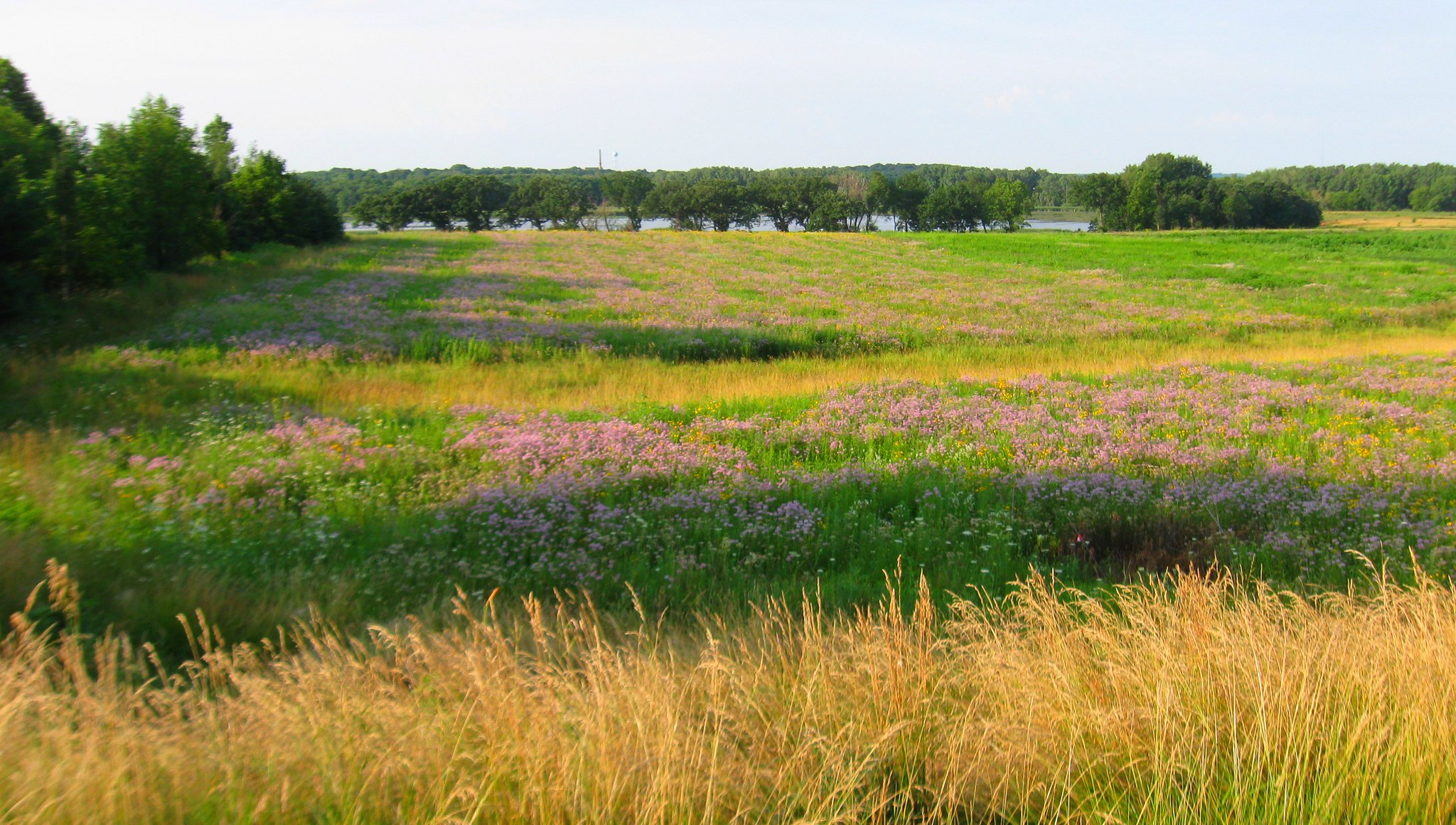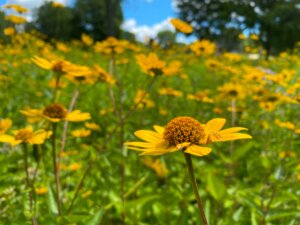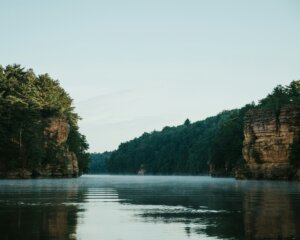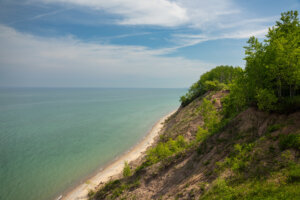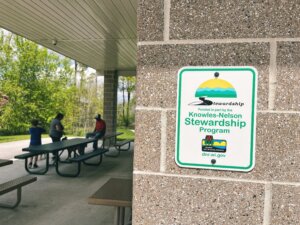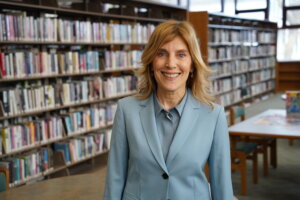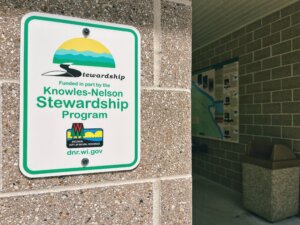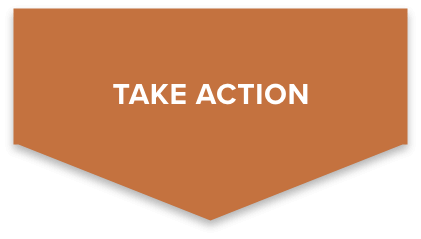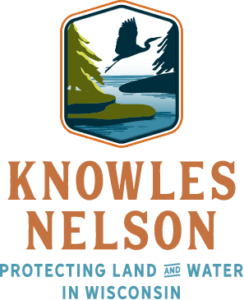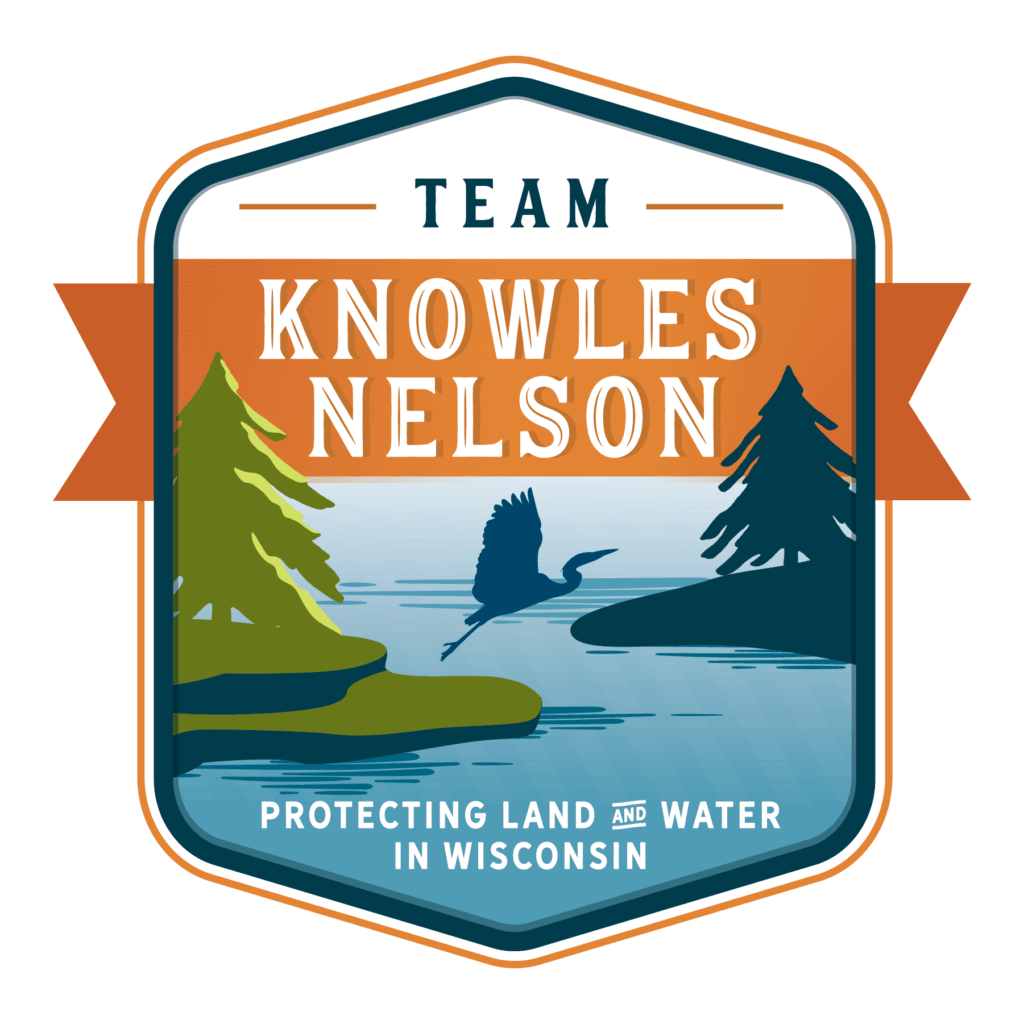The Town of Westport turned to the Knowles-Nelson Stewardship Program for help in purchasing 105 acres next to their town hall. Partnering with Groundswell Conservancy, the town applied for $812,000 in Stewardship Program grant money and received the full amount requested.
The Waunakee Tribune reported that the Town of Westport granted Groundswell Conservancy, a Madison-based land trust, a conservation easement for the property in 2022. This allowed the land trust to take the lead in maintaining conservation values and ensuring continued public access. The town plans to keep the existing soccer fields and preserve the rest of the land, which also allows hunting, fishing, and trapping. A bike and pedestrian path that will connect other public lands in Dane County is also in the works.
This large grant request is a somewhat rare success story. Knowles-Nelson Stewardship grant requests over $250,000 are subject to review by the Legislature’s Joint Finance Committee (JFC). Once a grant goes to the JFC, any committee member can anonymously object to the grant for any reason, delaying project funding indefinitely.
According to The Cap Times, the Wisconsin Department of Natural Resources (DNR) laid out two options for town officials to consider. They could apply for a grant in the amount of $249,999 and be guaranteed the funds, or move forward in requesting the full amount they sought but risk delays in the the approval process or face denial altogether. Ultimately, the town opted to apply for the full $812,000, which they received with no objections from the JFC.
The legality and transparency of the grant review process has recently been under fire. In late 2023, Governor Evers filed a lawsuit citing legislative vetoes that have blocked Knowles-Nelson Stewardship projects, among other actions, as violations of the Wisconsin Constitution’s separation of powers. The lawsuit alleges that, on average, projects will sit without action in the Joint Finance Committee for 273 days after an objection is raised.
“What is not good accountability is one anonymous legislator stopping a project in another part of the state without any kind of public input,” said Rep. Deb Andraca. “And I think we need to get back to the way the [Knowles-Nelson] program was originally designed, where we are selecting projects that the state invests in, based on their environmental merit, their scientific value, and the projects that do the most benefit to the most people,” she continued.
Featured image by aliivibrio, 2013.

